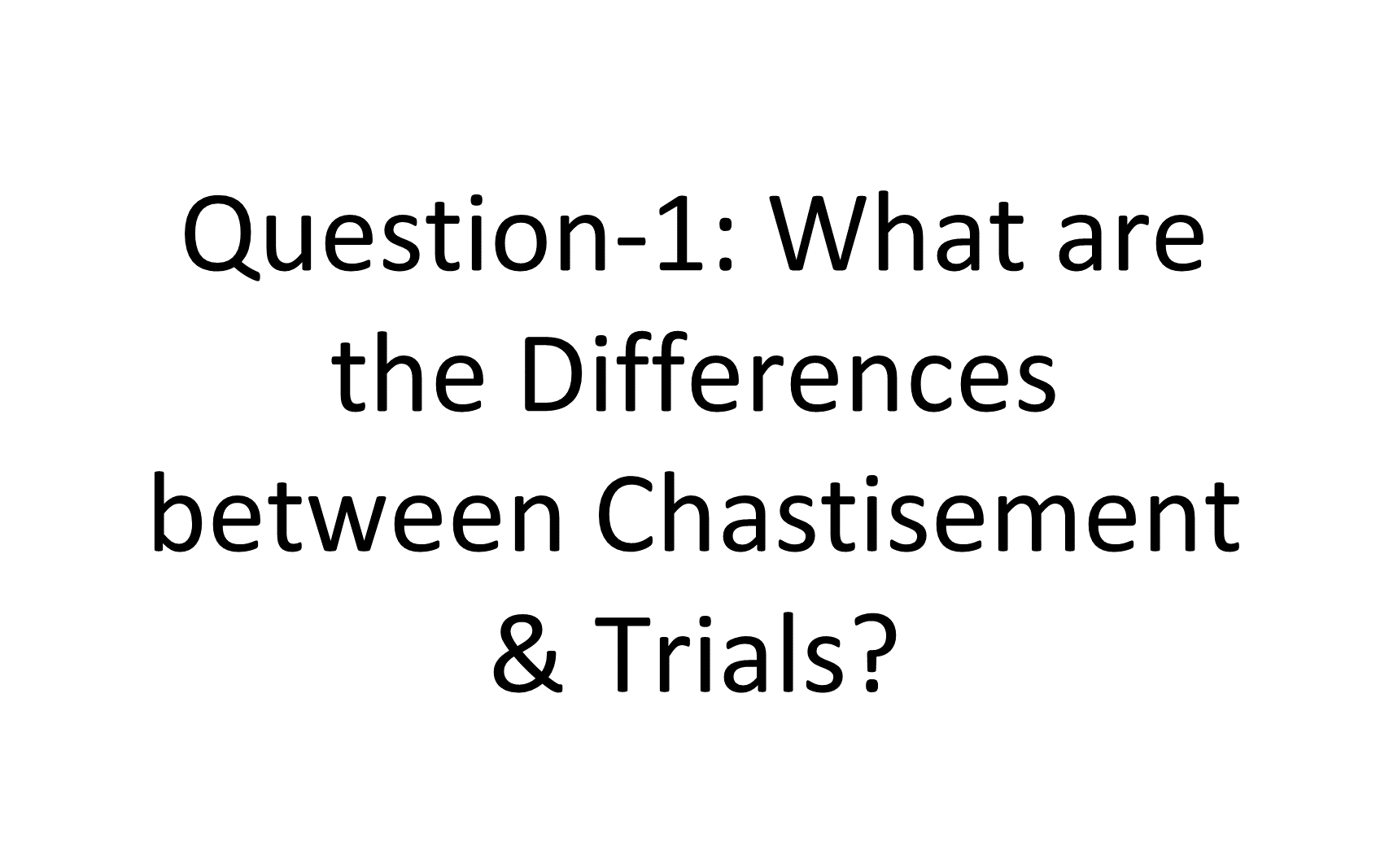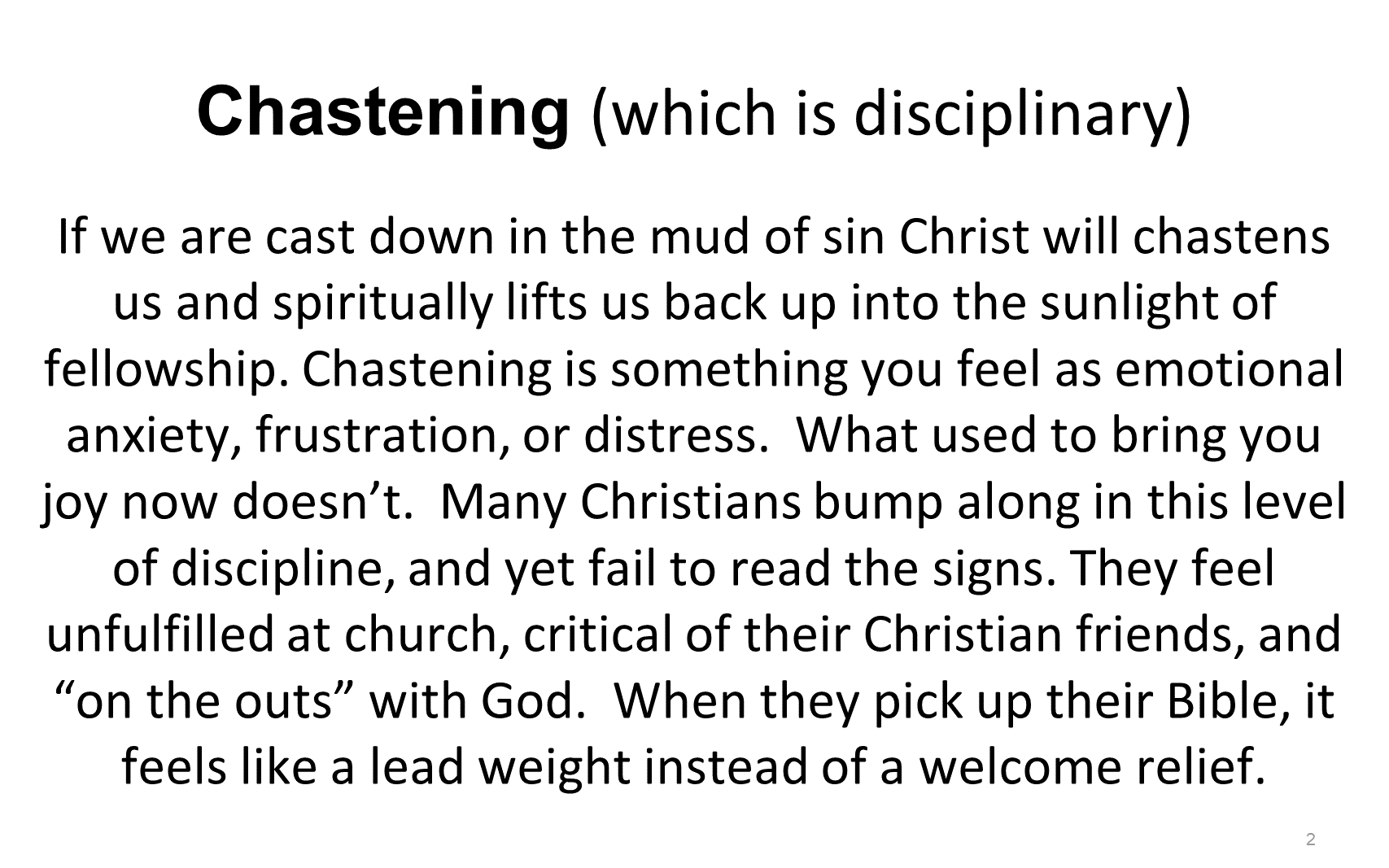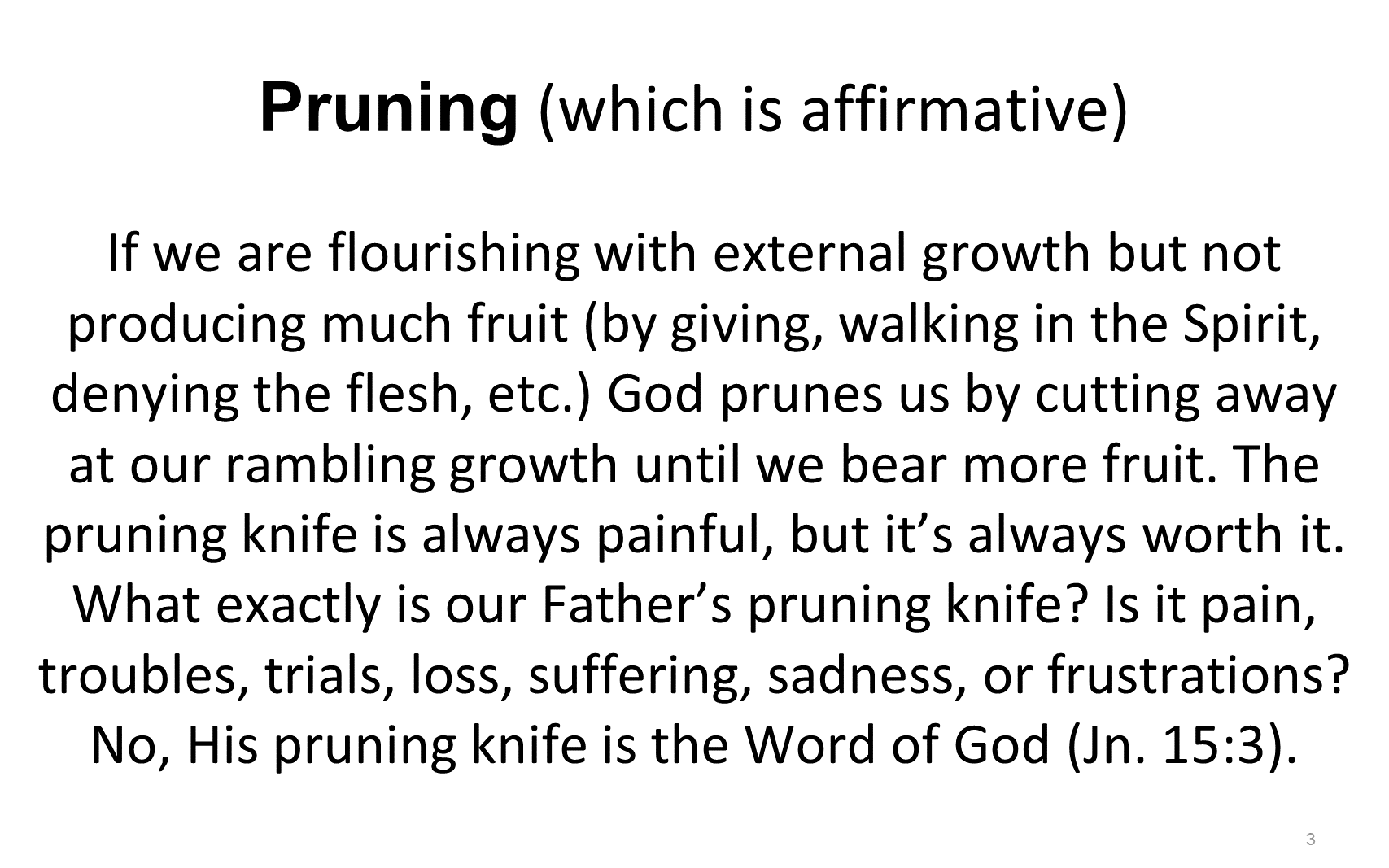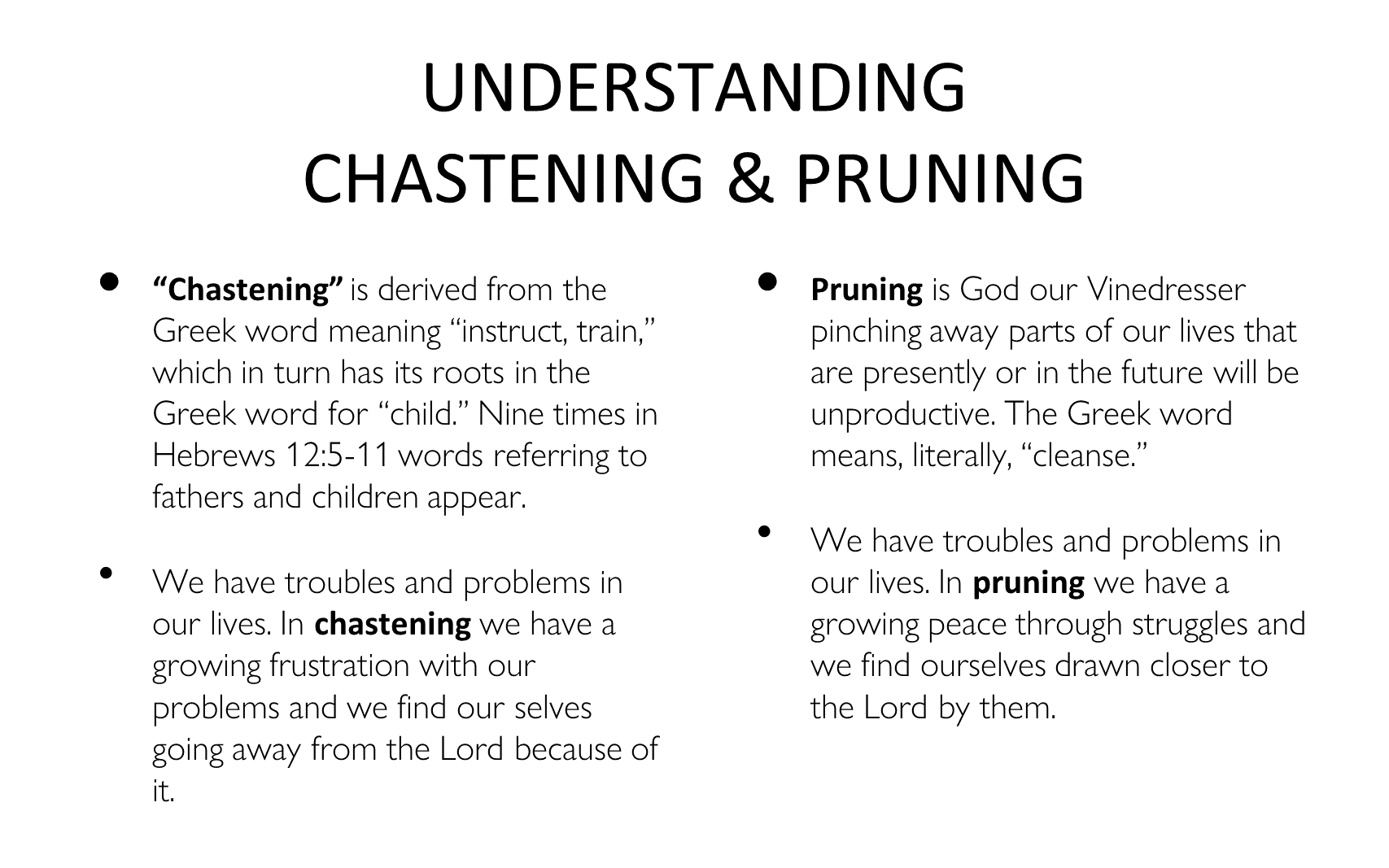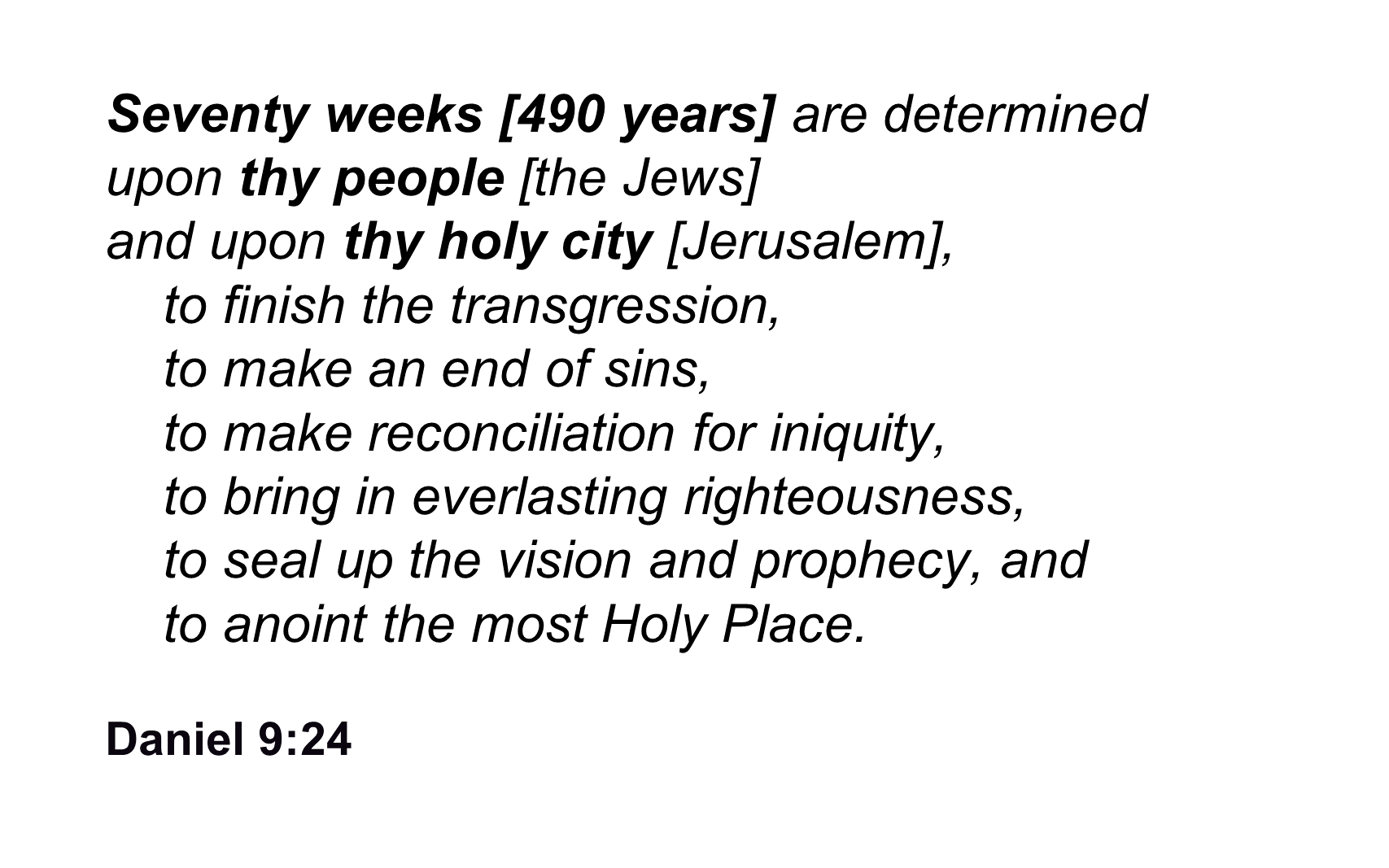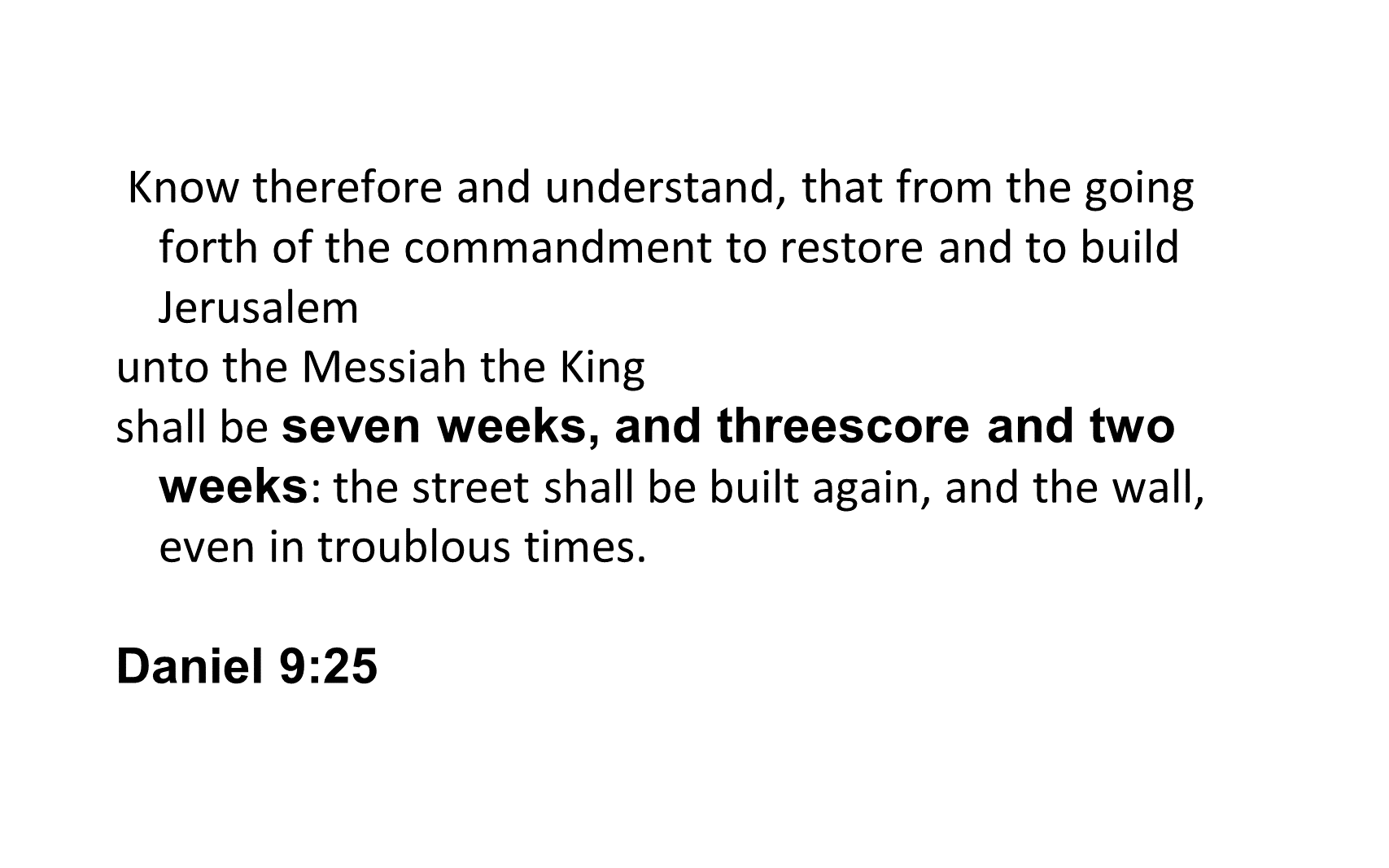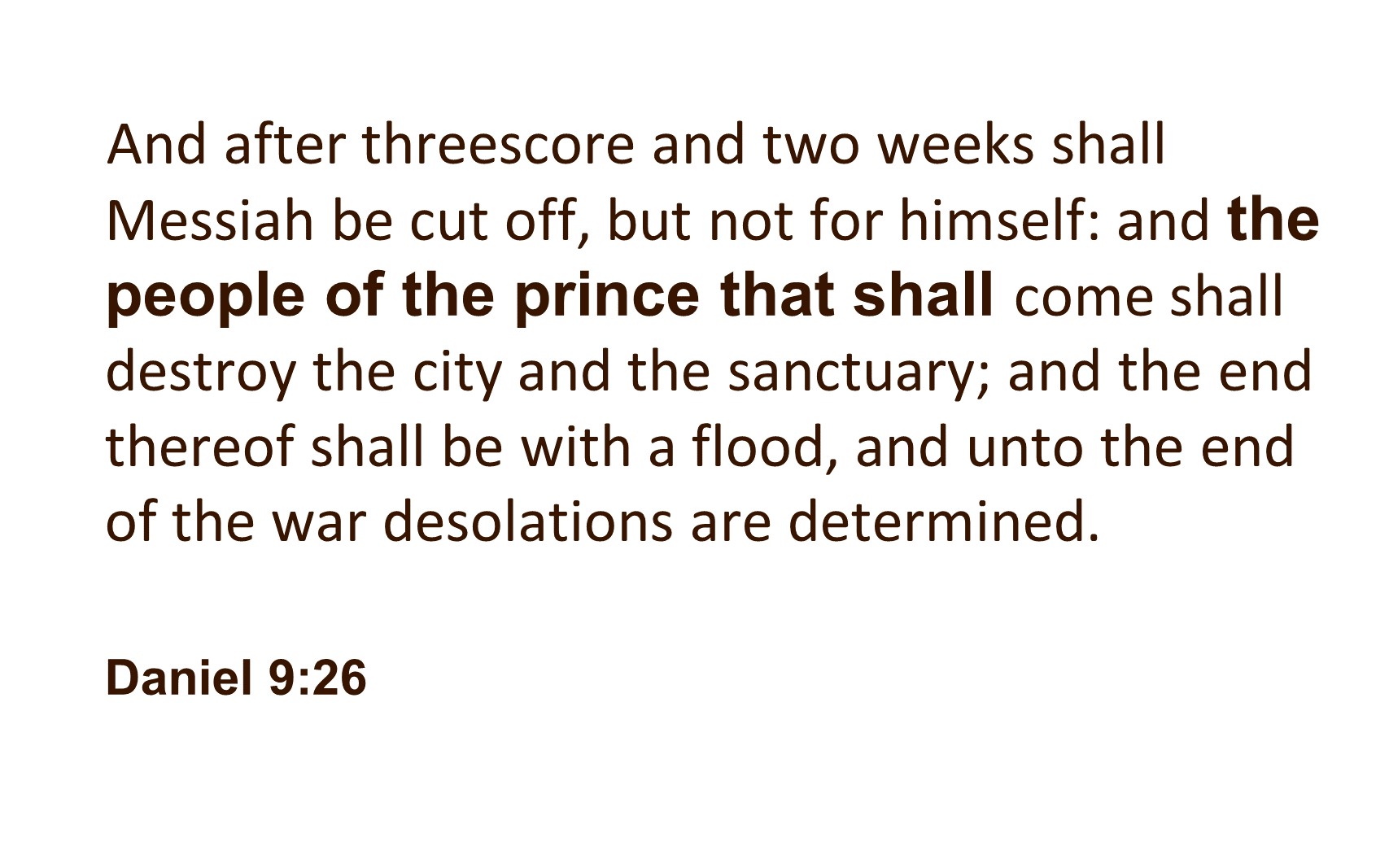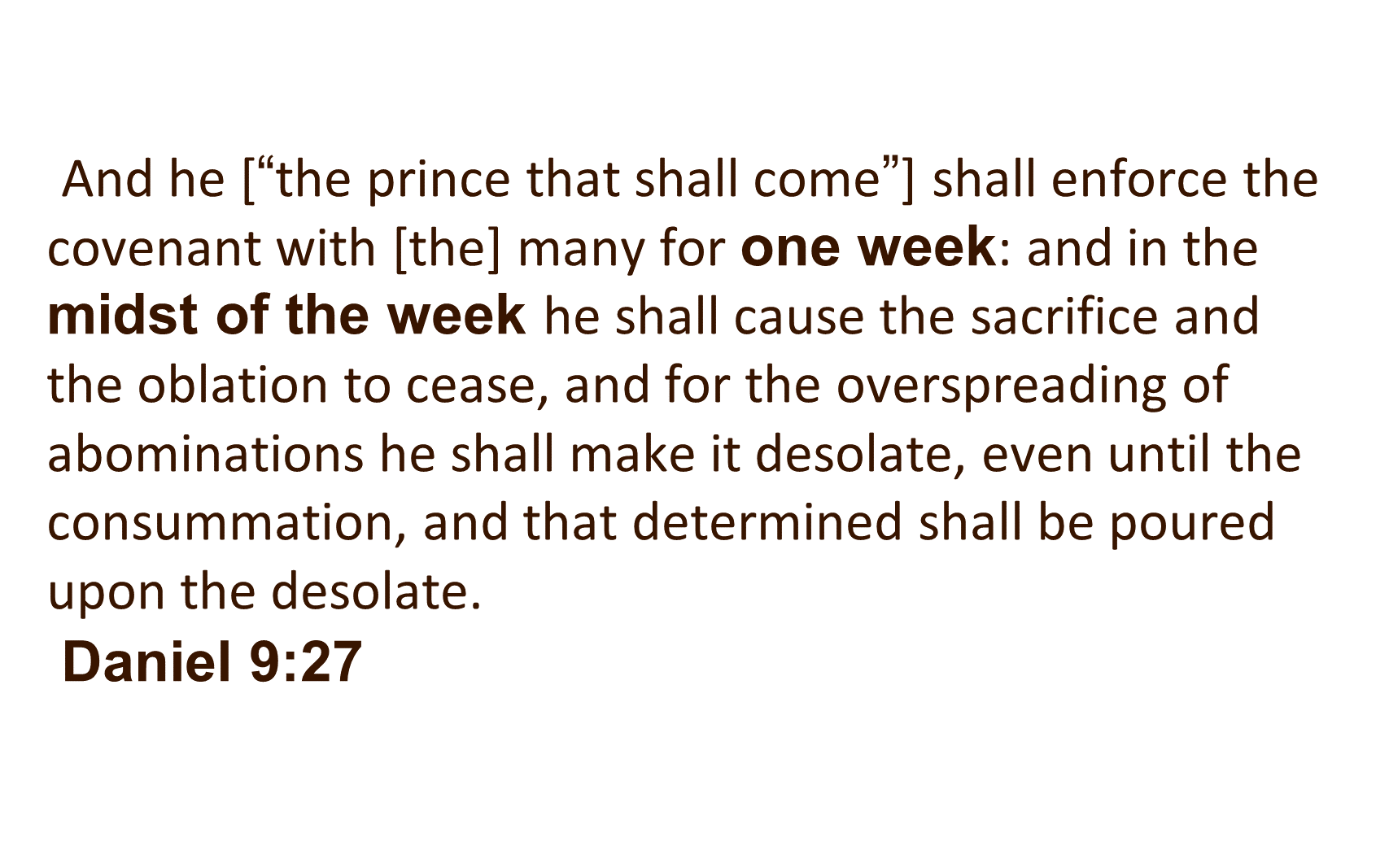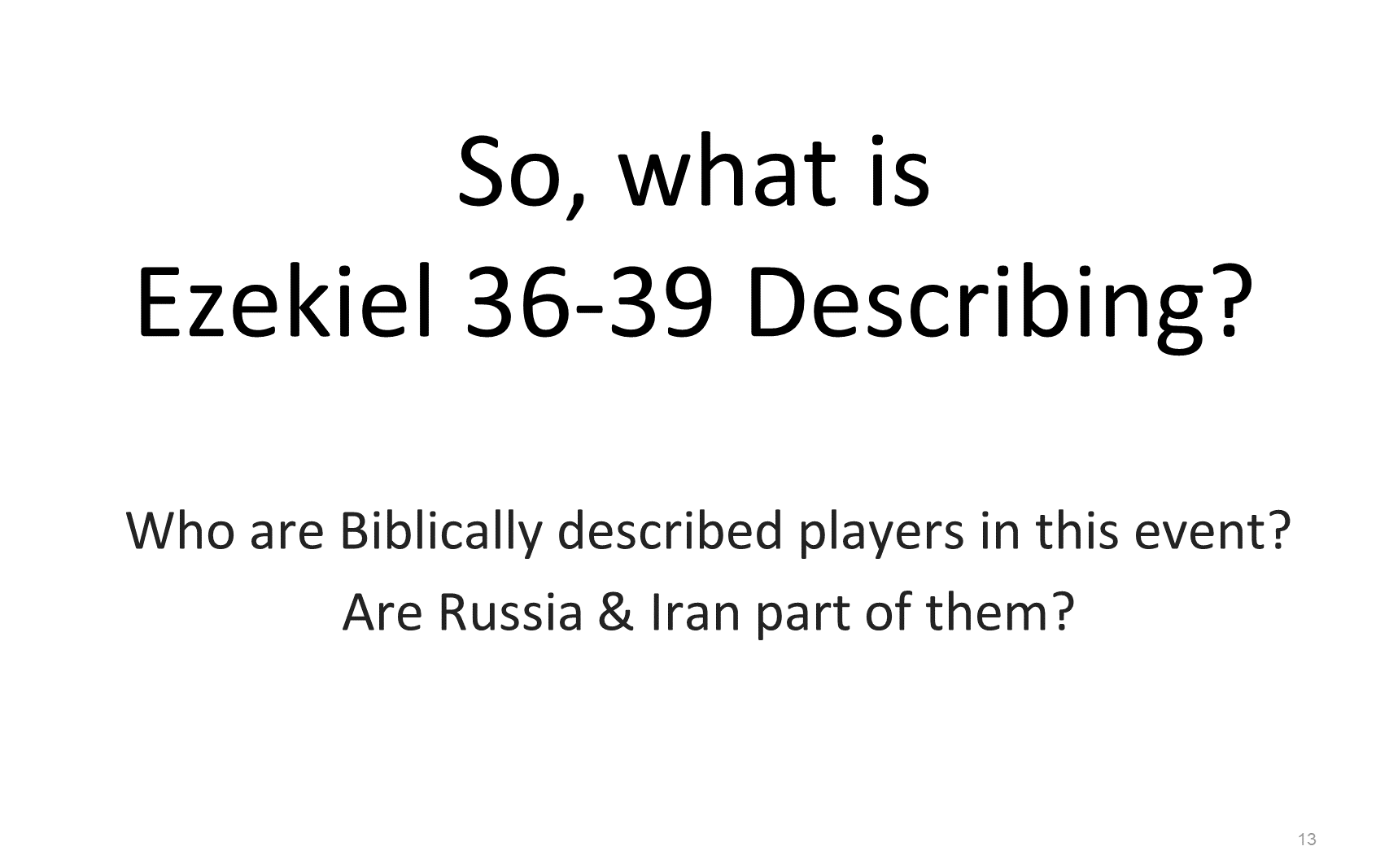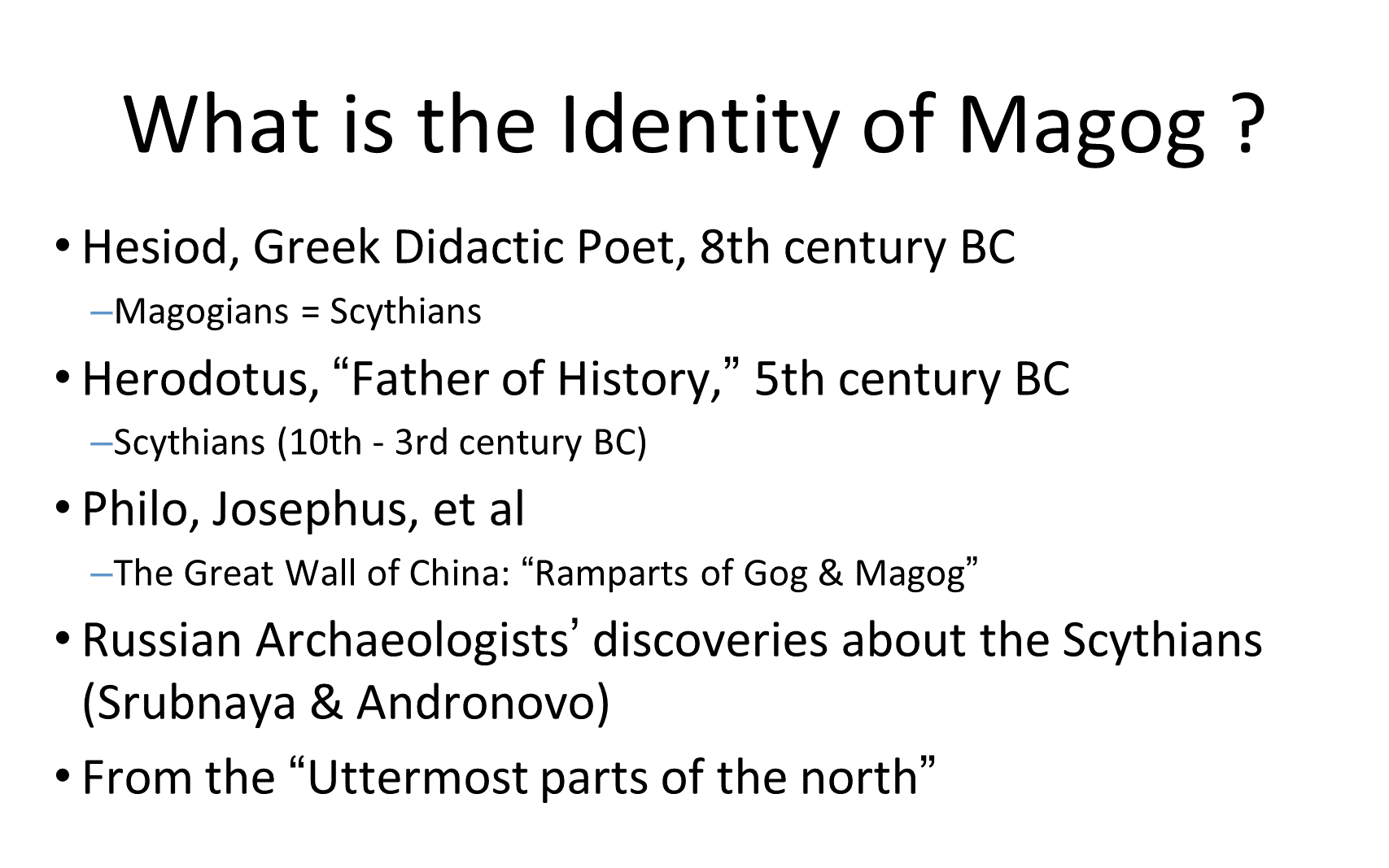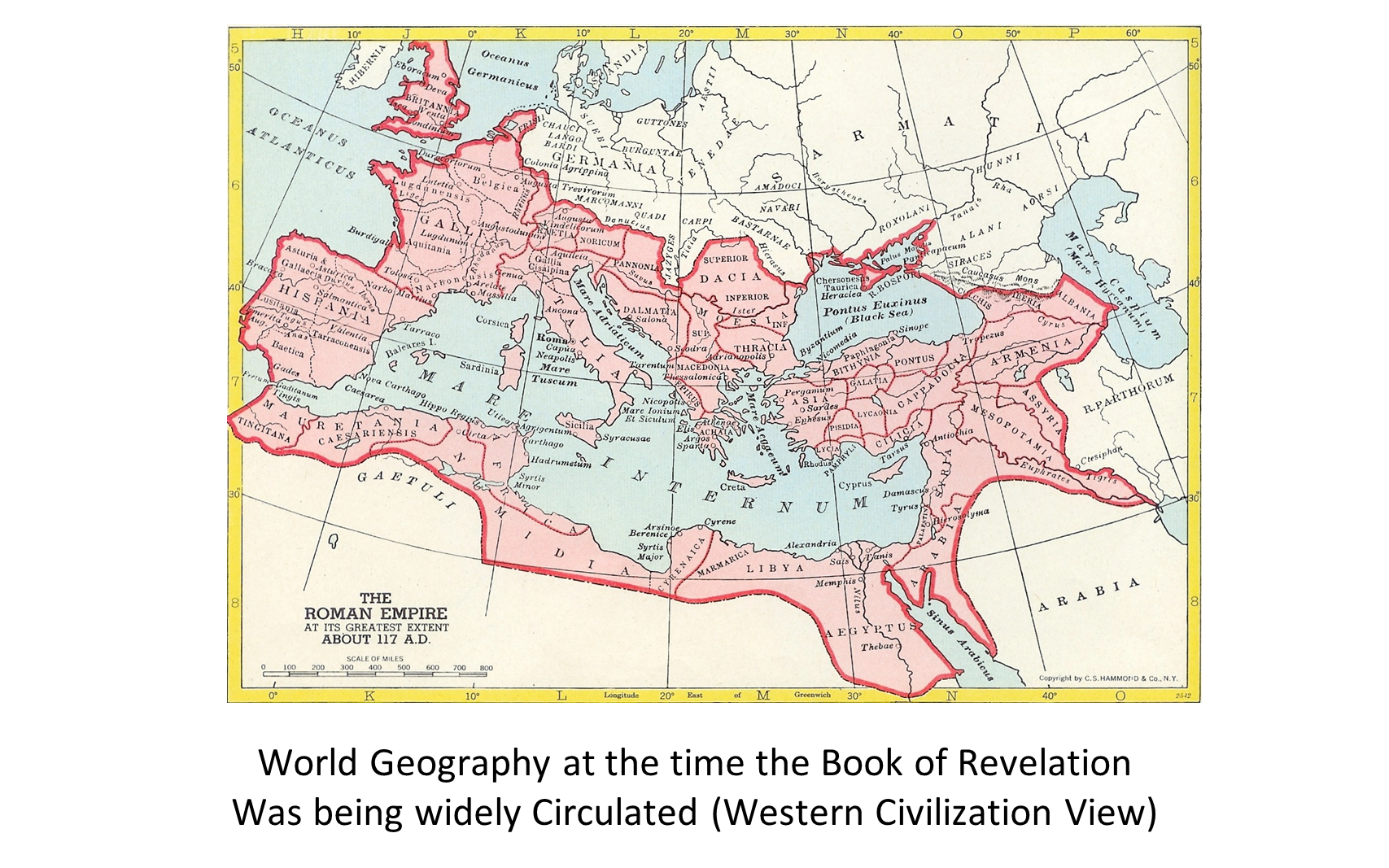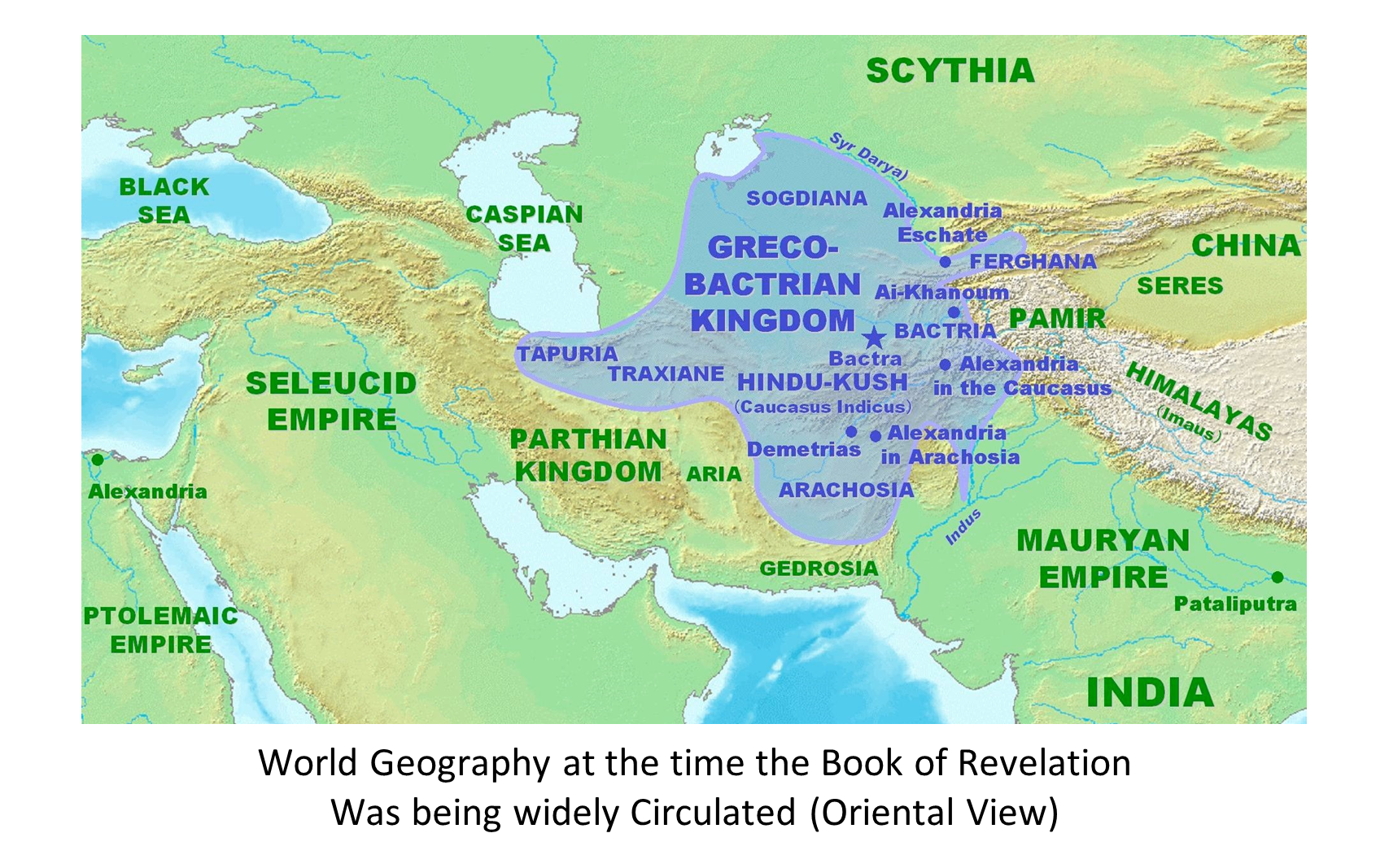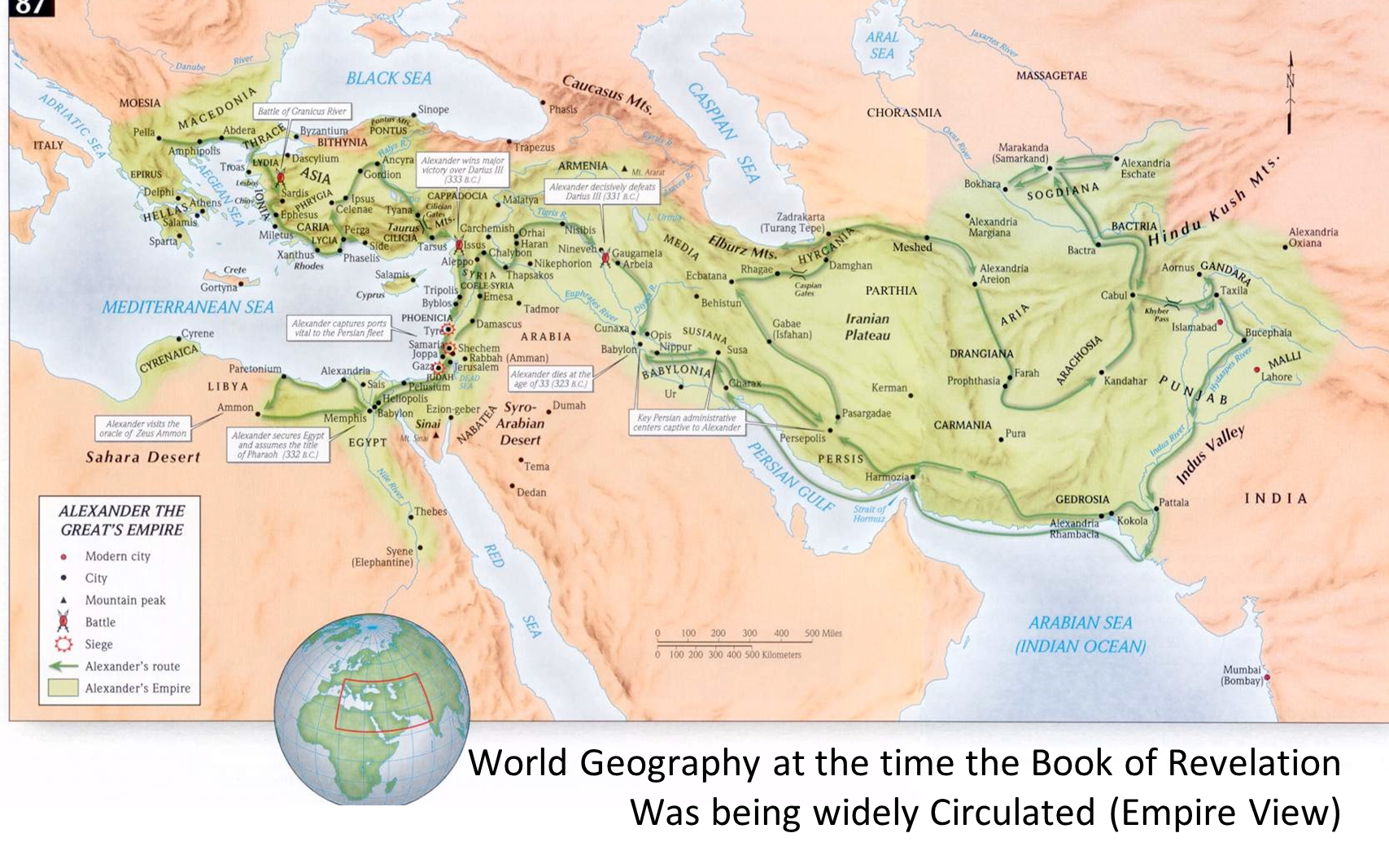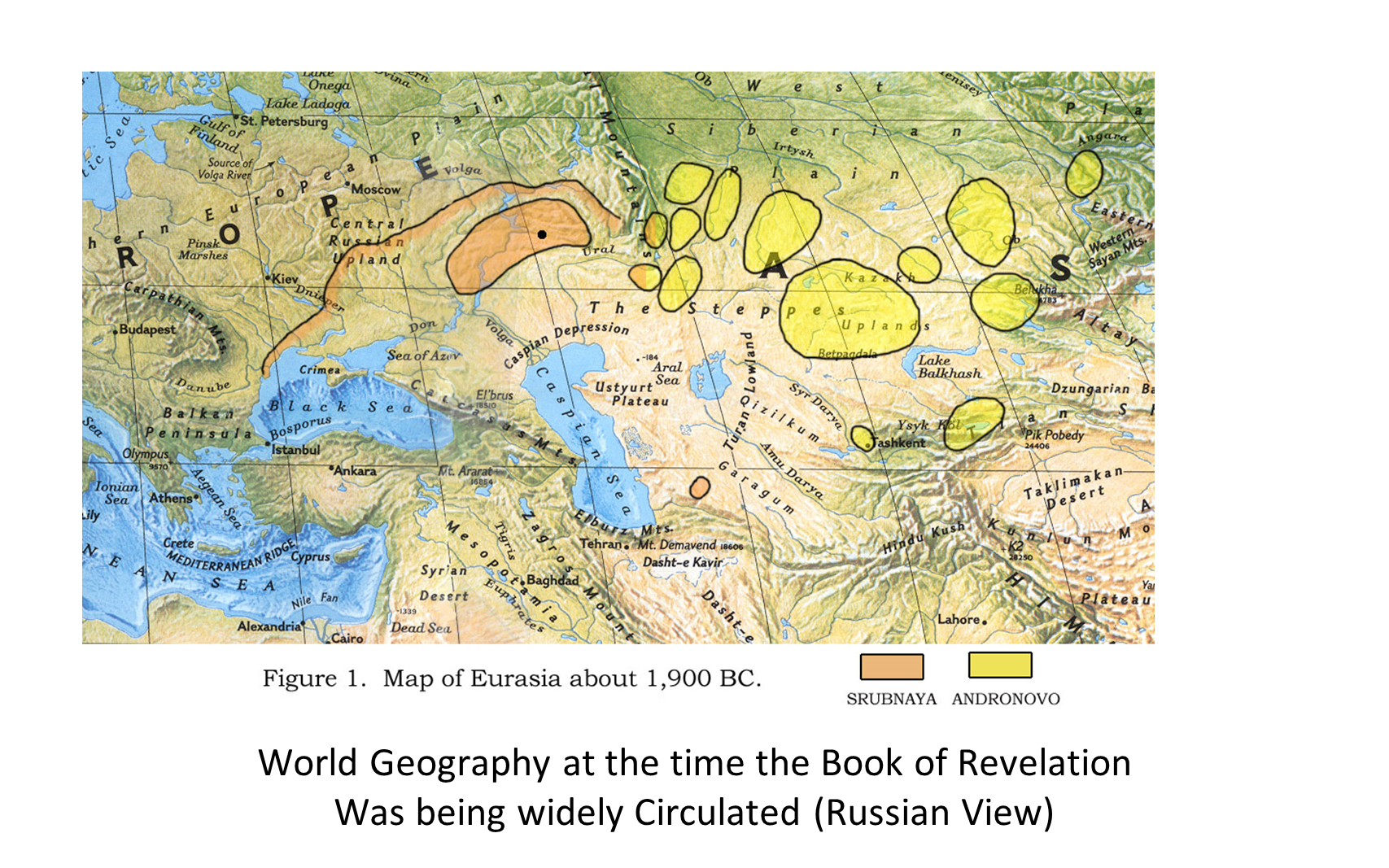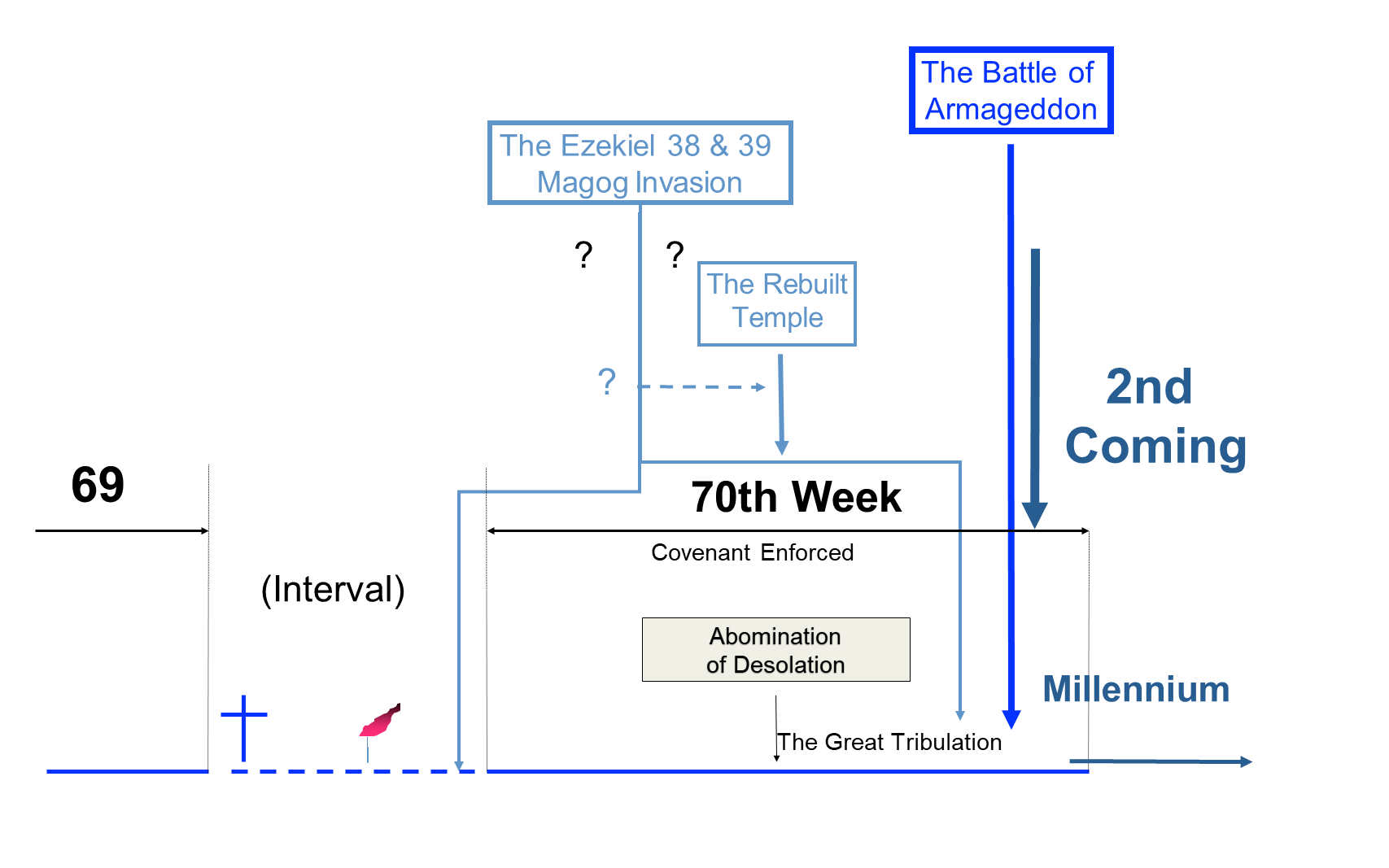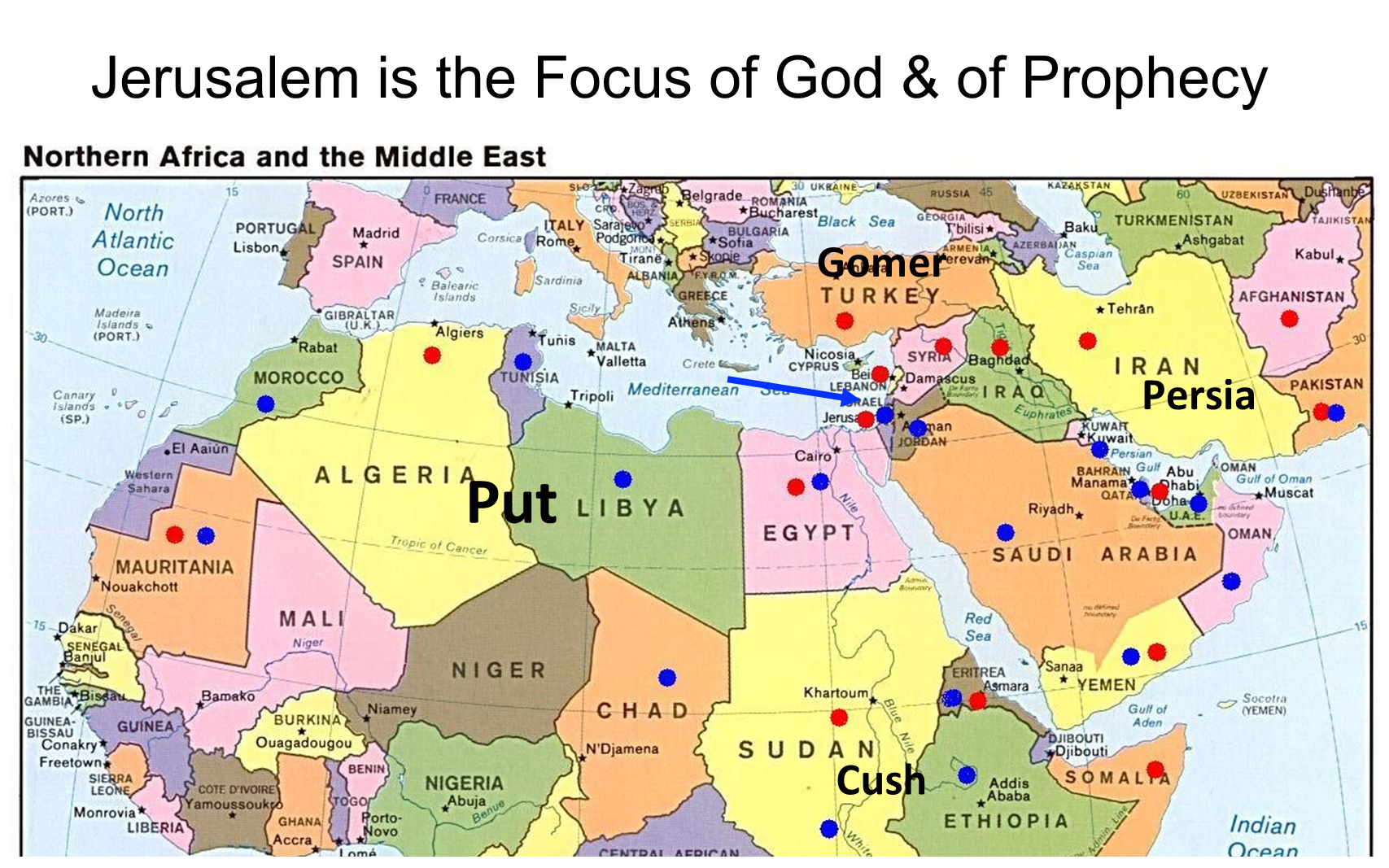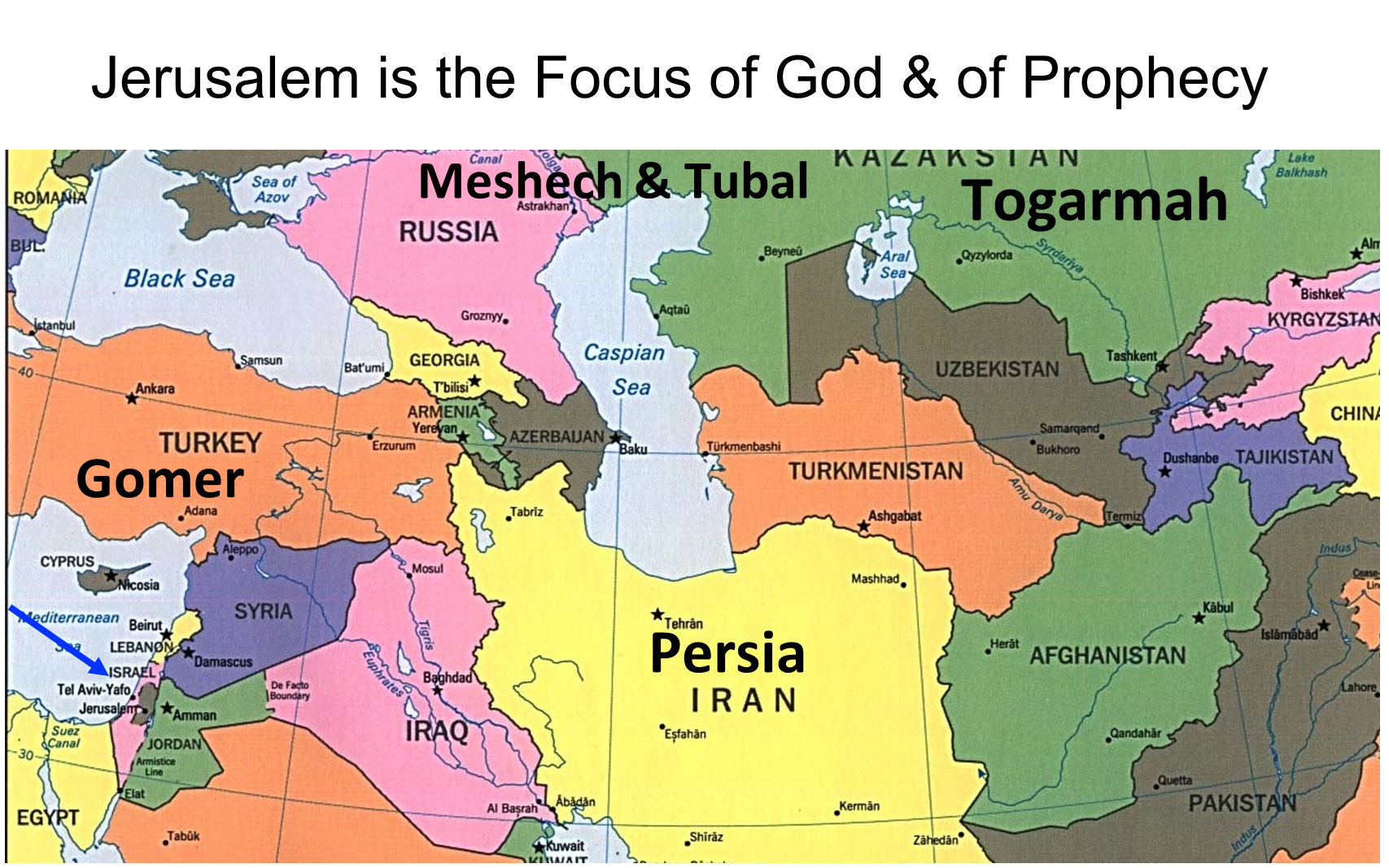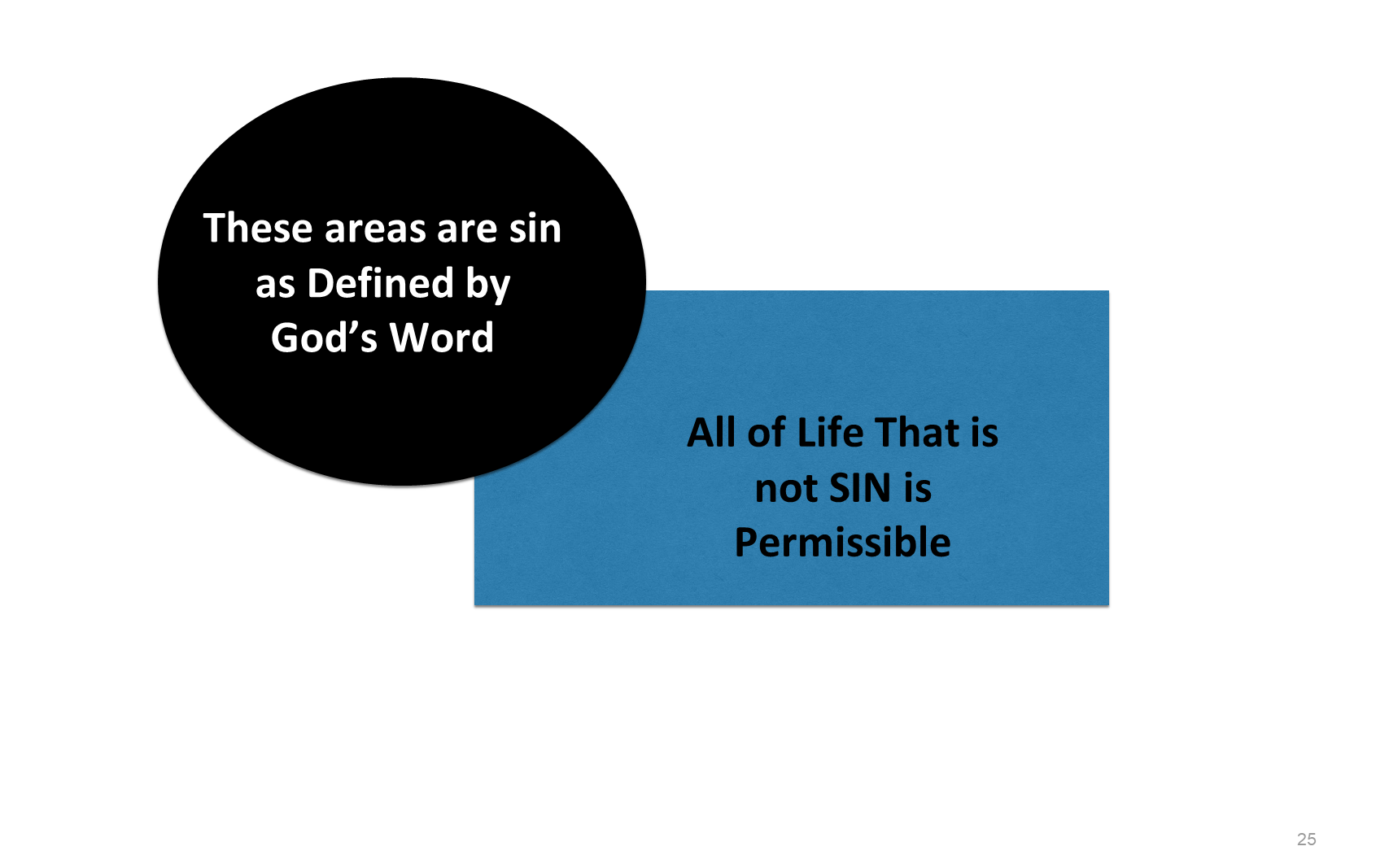If the YouTube video above is not available, here are two other ways to view:
140309AM Q&A.docx
Q&A series
ESH-09 NR8-38 Q&A-60 WFM-31
Is it Chastening or Pruning?[1]
JOHN 15:1-2
Do troubles and trials push you toward God – or away?
Today, look back over your week. How is your spiritual health? Has it been a week with any trials, troubles, and struggles? Did pressures increase at work, at home, in your health or finances? And then what happens inside of you? Did you cry out to the Lord, fall upon His grace, turn from any wicked way? Or did you seethe in anger, wallow in self-pity, or worst of all harden your heart to spiritual things?
The test of pruning (which is affirmative) and chastening (which is disciplinary) is in our response.
That is one of the simplest ways to test what is going on in your life.
Pruning always draws us closer, chastening initially can push us away.
TEST #1: When troubles came this week, did you remain joyful, did you read God’s Word with hunger, and talk to Him often in prayer? A fruitful believer that is experiencing the nearness of their Heavenly Father pruning rises to God’s challenge. We move toward the Lord.
TEST #2: Or when troubles came this week, did joylessness fill your heart, mind and life? Did your relationship with the Lord, seems blighted by sadness or lethargy? Did the Word of God seem unimportant, boring, and dull? We often initially move away or grow cold toward the Lord.
OUR FATHER WANTS THE BEST FOR US
With[2] His heart full of love and mercy, OUR Father the Vinedresser is trying to bring into our lives this morning, the greatest possible blessing. Listen to these words from a paragraph entitled “Obedience” from Chastening, a booklet by James H. McConkey. God comes to us in the positive discipline of pruning, or in the negative discipline of chastening. How does He do that?
It may be through the suffering of your seeing carefully made plans replaced by keen disappointment.
It may be through the suffering of bereavements that tear from your presence – precious loved ones.
It may be through the suffering of temporal losses and broken fortunes.
It may be through the suffering that stalks into your life through the willfulness and sin of others.
It may be through the suffering that sometimes seems to bring you to the brink of a broken faith and a broken heart.
It may be that out of your very agony of heart and soul the eternal God of love and mercy is seeking to bring into your life the greatest blessing that can enrich and glorify that life – the blessing of your human will yielded to the will of God.
And to be yielded to the will of God means more than silver and gold, more than gratified desires and ambitions, more than the pleasures of friendship, more than all the praises of men, more than all the prizes of fame, and more than the attainment of all your highest earthly aims and strivings. This is the richest and deepest of all blessings – to be swallowed up in the will of God.
So how do we know if God has been pruning our lives so that they may be more fruitful – or spanking us for not dealing with our sin? The answer is found in God’s Word, as we turn again to John 15.
James Montgomery Boice notes that when Jesus speaks to His disciples and us in John 15, that remaining[3] in Christ is for those who are in Christ already. So abiding refers to conscious decisions or choices in living the Christian life. So the burning describes the believer’s works that are burned if these works are not of Christ, and it is the Christian’s role as a fruit bearer and not his salvation that was discussed in the passage. Lot would be an example here, as Arthur W. Pink points out in his presentation of this evidence. “He was out of fellowship with the Lord, he ceased to bear fruit to His glory, and his dead works were all burned up in Sodom; yet he himself was saved! [4]
Ray Stedman writes of John 15, “When our Lord says: Abide in me he is talking about the will, about the choices, the decisions we make. We must decide to do things which expose ourselves to him and keep ourselves in contact with him. This is what it means to abide in him.[5]
Sin unchecked is deadly, destructive, and never tolerated for long by our Father the Vinedresser. Sin unchecked in our lives is so virulent in its destructive power that God can’t allow us to stay under its power too long. This morning we must guard from allowing sin to multiply in our lives and destroy our fruitfulness and health.
Look again at our Father the Vinedresser we see at work in John 15:1-2, please turn there with me.
John 15:1-2 “I am the true vine, and My Father is the vinedresser. 2 Every branch in Me that does not bear fruit He takes away; and every branch that bears fruit He prunes, that it may bear more fruit.
It is the wise farmer[6] who knows the correct times of the year to cultivate and prune his vines to insure maximum yield. In the Holy Land grapevines first bloom in May, and the fruit will begin to ripen by August. There are two calculated pruning times (as noted in the Gezer Calendar) in the fall before the vines become dormant, the unproductive bunches from the previous year are removed, and at the peak growth time of the year once the grapes appear, excess leaves and tendrils are cut away to encourage greater yield and even ripening. In our lives we also need to be trimmed when things get in the way and when things are going better than ever! Yahweh will thus bide his time until the appropriate moment to make his pruning in our lives.
Does God have a grudge[7] against His children? McConkey again explains: Is He trying to “get even” with us? Is God’s chastening and pruning a kind of parental revenge for childish wrongdoing? Often we may think so, but this is far from the truth. God disciplines us for our own profit so we can share in His holiness. God’s one supreme purpose in disciplining us is purification. He wants to take away from us all that mars the likeness of Jesus Christ within us. It is His own holiness that He wants to perfect in us.
GOD’S DISCIPLINE REFINES OUR LIVES
Think of pruning and chastening the next time you look at anything that shines with the luster of silver.
In nature, silver is usually found in combination with other minerals, principally lead, copper and zinc. The process of refining, or purifying, silver to the point where it is truly a precious metal – and a useful one – involves the use of intense heat and caustic chemicals. What is more satisfying after working hard to polish a piece of fine silver than to look into its gleaming surface and see your face? How would we know what we look like as we face each day if we could not look into a mirror, the reflecting surface of which is a thin layer of silver? But think of what the silver had to be put through in the refining process.
God’s discipline of chastening and pruning is the refining process through which the believer must pass before God can look at him and see His own face. Actually, God is looking for the image of the Lord Jesus Christ. “Whom He did foreknow, he also did predestinate to be conformed to the image of His Son” (Rom. 8:29). Is God’s discipline merely an outlet for His wrath? No, it is an undeserved outpouring of His matchless love.
As we undergo God’s discipline, He is removing from us that which dims the image of Christ in us. Therefore we ought not to associate chastening only with chastisement, which generally refers to physical punishment. More properly, we should associate God’s discipline with the idea of “making chaste,” or pure. Spiritual purity is the goal of God’s chastening. Like all conscientious parents, God has a model or pattern to follow as He fashions the lives of His children. That pattern is Jesus Christ. And God’s great purpose is that Christ should be “formed in” us (Gal. 4:19).
OUR FATHER HAS a 3-PART PLAN
Our Father the Vinedresser – He chastens us as needed; He prunes us as needed; He invites us as needed – all so we will be more fruitful. This morning our Father the Vinedresser is here. He is looking at us.
If we are cast down in the mud of sin He chastens us and spiritually lifts us back up into the sunlight of fellowship. Chastening is something you feel as emotional anxiety, frustration, or distress. What used to bring you joy now doesn’t. Many Christians bump along in this level of discipline, yet fail to read the signs. They feel unfulfilled at church, critical of their Christian friends, and “on the outs” with God. When they pick up their Bible, it feels like a lead weight instead of a welcome relief.
If we are flourishing with external growth but not producing much fruit (by giving, sowing and reaping, spirit walking, flesh denying and so on…as we saw last time) He prunes us by cutting away at our rambling growth until we bear more fruit. The pruning[8] knife is always painful, but it’s always worth it. And what exactly is our Father’s pruning knife? Is it pain, troubles, trials, loss, suffering, sadness, or frustrations? No, because of Christ’s words in John 15:3 which explains that the pruning knife is the Word of God. Jesus says: “You are already clean because of the word I have spoken to you.” The key to abiding is abiding in His Word. There are no substitutes, no gimmicks, no shortcuts. God’s pruning knife is His Word, and as pointed out above, He seems to use it often during trouble, distress, or setbacks. Charles Spurgeon, master preacher of the nineteenth century, said: “It is the Word that prunes the Christian. It is the truth that purges him.” Have you ever noticed how much more sensitive you are to the Word of God when trouble comes? Have you ever noticed that, when you have a particular need or problem, certain verses will leap off the page? That’s the Spirit of God applying them to your heart.
And finally if we are fruitful and bearing more fruit, at special times He invites us to allow Him to even more prune in our lives until we bear MUCH FRUIT! In his Secrets of the Vine Bruce Wilkerson suggests another truth in pages 50-59[9]: If your life bears a lot of fruit, God will invite you to abide more deeply with Him. His purpose is not that you will do more for Him but that you will choose to be more with Him. Only by abiding can you enjoy the most rewarding friendship with God and experience the greatest abundance for His glory. Abiding is all about the most important friendship of your life. Abiding doesn’t measure how much you know about your faith or your Bible. In abiding, you seek, long for, thirst for, wait for, see, know, love, hear, and respond to …a person. More abiding means more of God in your life, more of Him in your activities, thoughts, and desires.
A CLOSEUP ON GOD’S PRUNING
Our Father the Vinedresser – He chastens us as needed; He prunes us as needed; He invites us as needed – all so we will be more fruitful.
Our[10] Father’s work with us is the careful trimming away of sins, hindrances, and evil habits so that we gain the maximum fruit-bearing capacity. Among the most effective ways our Father prunes us is with trouble, even pain and suffering. Of course, not every Christian who is ill, or suffering, is necessarily being pruned, but in many cases our Father allows trial and trouble to come our way in order to clean out our lives in certain areas. Unfortunately, pruning has to be done with a knife; and therefore pruning is always painful.
There are times when we wonder if God knows what He is doing because it hurts so much it seems more than we can bear. And sometimes we wonder why God seems to be doing an awful lot of pruning on our branch, while other Christians don’t experience the same type of pruning. But all we can do is trust. The Father knows what He is doing. The valuable lessons He teaches us through suffering, trials, and troubles awaken us to the changes we need to make—what we need to add to our lives and what we need to remove. The Father causes this pruning in many ways.
It can be anything from sickness to hardships, such as the loss of a job.
It can be the loss of a loved one or of a good friend.
Pruning can come through frustration, disappointment, pressure, and stress.
God ordains all kinds of troubles in order to clean off those unwanted shoots—those habits, attitudes, and practices that drain away our energy and rob us of our fruit-bearing capacity. God doesn’t do this pruning with glee or vengeance. He is not the Great Slasher in the Sky, flailing away with His giant blade, snarling, “Bear more fruit, or else!” No, He is right at our side, the Gardener, who carefully prunes each of us at the right spots so we can bear more fruit.
UNDERSTANDING CHASTENING AND PRUNING
| QUESTION[11] | CHASTENING | PRUNING |
| What does chastening and pruning mean? | “Chastening” is derived from the Greek[12] word meaning “instruct, train,” which in turn has its roots in the Greek word for “child.” Nine times in Hebrews 12:5-11 words referring to fathers and children appear. Here God is speaking to His own children, and as God’s children we are subject to Him and to His training. Part of that training may seem unpleasant, but God uses even the most undesirable experiences (that is, undesirable in our minds) to instruct and train us for His glory. | Pruning is God our Vinedresser pinching away parts of our lives that are presently or in the future will be unproductive. The Greek[13] word means, literally, “cleans.” To clean of excess foliage is to prune, but the context also calls to mind cleansing from sin. Our[14] Father’s work with us is the careful trimming away of sins, hindrances, and evil habits so that we gain the maximum fruit-bearing capacity. Among the most effective ways our Father prunes us is with trouble, even pain and suffering. |
| How do you know that chastening and pruning are happening? | We have troubles and problems in our lives. In chastening we have a growing frustration with our problems and we find our selves going away from the Lord because of it. | We have troubles and problems in our lives. In pruning we have a growing peace through struggles and we find ourselves drawn closer to the Lord by them. |
| What is it like? | Chastening hurts | Pruning hurts |
| Why does it happen? | We are chastened because we are doing something wrong. | We are pruned because we are doing something right. |
| What happens when we are chastened and pruned? | During chastening joylessness to fill our heart, mind and life. If uncorrected soon our relationship with the Lord seems distant, blighted by sadness, and lethargic. Then the Word of God seems unimportant, boring, and dull – and our heart becomes cold. | During pruning even though it hurts — we remain joyful, we read God’s Word with hunger, and we talk to Him often in prayer. We soon sense the nearness of our Heavenly Father pruning us, and we respond to God’s challenge for increased growth. |
| What is our fruitfulness? | When chastening begins it signals a no fruit time in our walk. | When pruning starts we are already bearing spiritual fruit. |
| What does God desire? | For us to turn from sin and return to fruitfulness. | For us to bear even more fruit . |
| What needs to go? | We need to see and turn from our sin | We need to even more turn from our self and flesh. |
| How should you feel? | Chastened, guilty, sad, and anxious for restoration. | Relieved, trusting, and expectant of God’s even greater blessing. |
| What is the right response? | Repentance (stop your sinning). The Bible word for this unforgettable, hope-filled change of direction is repentance. It is a lifestyle, an ongoing commitment to keep putting aside our rebellion and receive God’s forgiveness. | Further surrender. If you’re still wondering whether you are in a season of discipline, ask yourself this question: Can I look back over my walk with God and see very clearly that a sinful behavior I used to be caught up in is no longer an issue? Are there thoughts, attitudes, or habits that used to dominate my life, but don’t anymore? If you can answer yes, you’re moving forward and upward with God. If you can’t, you are undoubtedly being disciplined. |
| When does It stop? | When we stop sinning. Repentance is a turning away from the sin that ails you to the bounty God promises you. Neither is repentance a one-time act. Some sins leave us in such bondage that we need ongoing help and accountability. No one knows this truth better than those who have overcome serious addictions and brokenness in their pasts. | When God is finished |
[1] 020210AM Chastening or Pruning JIAIN-31
[2] From the paragraph entitled “Obedience” from Chastening, a booklet by James H. McConkey.
[3] Adapted from comments by James Montgomery Boice, The Gospel of John Volume 4. Grand Rapids, Michigan: Baker Books, 1999, p. 166-170.
[4] Pink, Expositions of the Gospel of John, vol. 2, 408.
[5] Ray G. Stedman, Secrets of the Spirit (Old Tappan, N.J.: Revell, 1975), 81.
[6] Walton, John H.; Matthews, Victor H.; Chavalas, Mark W., The IVP Bible Background Commentary: Old Testament, (Downers Grove, IL: InterVarsity Press) c2000.
[7] From the paragraph entitled “Purification” in Chastening, a booklet by James H. McConkey.
[8] John MacArthur, Jr., How to Get the Most from God’s Word, (Dallas, TX: Word Publishing) 1997.
[9] Bruce Wilkinson, Secrets of The Vine. Sisters, Oregon: Multnomah Publishers, Inc., 2001,p. 50-59.
[10] Adapted from John MacArthur, Jr., How to Get the Most from God’s Word, (Dallas, TX: Word Publishing) 1997.
[11] Bruce Wilkinson, Secrets of The Vine. Sisters, Oregon: Multnomah Publishers, Inc., 2001,p. 96-103.
[12] From the paragraph entitled “Instruction and Training” in Chastening, a booklet by James H. McConkey
[13] The Jewish New Testament Commentary, (Clarksville, MD: Jewish New Testament Publications) 1996.
[14] Adapted from John MacArthur, Jr., How to Get the Most from God’s Word, (Dallas, TX: Word Publishing) 1997.

